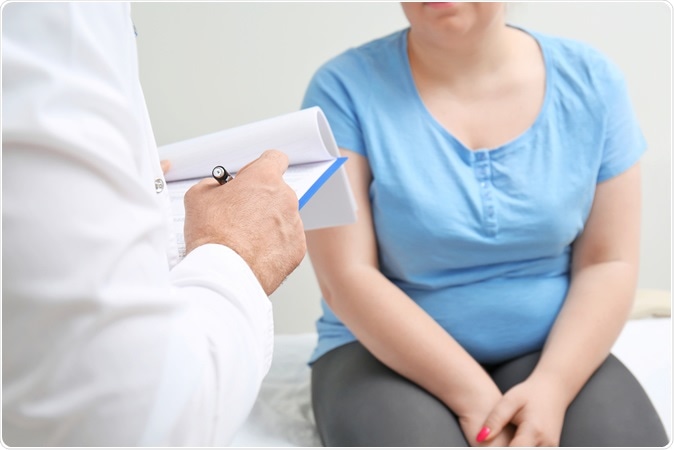The Australian National University (ANU) has developed a new program to be rolled out across the country to help GPs treat patients with obesity.

Image Credit: Africa Studio / Shutterstock
The Change Program, developed by the ANU Medical School for doctors, will allow patients to work with their local GP on long-term lifestyle changes.
Dr Liz Sturgiss said the program provides a bridge for GPs from current guidelines to working with a patient in daily practice.
“This is the first program of its kind in Australia that GPs can use with patients,” said Dr Liz Sturgiss from the ANU College of Health and Medicine.
“GPs know the whole picture of a patient and their family and can look at obesity holistically.
“For patients that want the option of working with their GP, this program provides the resources to do it.
“Patients have established trusting relationships with their GP and that viewpoint could be a missing link in obesity management.
“We have purposely put this program within general practice because it is where people go in an ongoing way for their healthcare,” said Dr Sturgiss.
“More than 85 per cent of people see a GP at least once a year.
“Now doctors and patients will be able to work together towards sustainable changes to help patients reduce weight and improve their health generally.”
The Change Program has taken five years to develop and incorporates psychology techniques and collaborative goal setting.
The how-to workbook covers practical steps on nutrition, exercise, goal setting, wellbeing and meal plans.
It includes setting realistic fun exercise goals, a regular pantry stocktake, relapse trouble shooting and a nutrition diary.
The program has transformed the National Health and Medical Research Council’s (NHMRC) guidelines on weight loss into action.
“The NHMRC have fantastic guidelines for GPs that describe what to do but this program shows doctors and patients how to do it.
“It is not a fad diet, it is about serious lifestyle change and things you can do on an ongoing basis.”
Canberra General Practitioner, Dr Melian Deery, successfully trialled the program with patients.
“It was designed by GPs for GPs, so it is a really great tool for us to use with patients,” said Dr Deery from medical practice, YourGP.
“Through the project we helped a number of patients lose between five to eight kilos, which is a significant amount of weight and we’ve continued to use the skills we’ve learned to support our patients to lose weight.
“GPs are very accessible and well placed to help patients with obesity and this program is a way for us to do that well.”